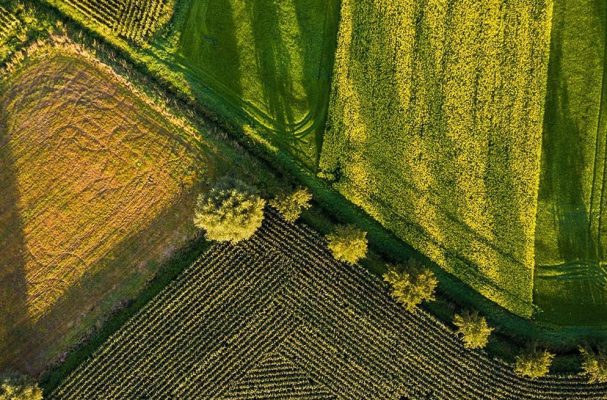For decades it has been clear that multinational food and agrochemical companies are rapidly consolidating control over international food systems and supply chains, to the detriment of local food producers, especially women and Indigenous farmers. These companies exploit cheap labor, manipulate local and global food supply chains, collude with the fossil fuel industry by pumping toxic chemicals into the ground, and homogenize and genetically alter seeds and crops in service of short-term profits.
In recent years, this consolidation has intensified. Concentrated asset ownership of agrochemical firms is leading to anti-competitive price gouging for seeds, reduced food security, and profit squeezing. According to the ETC Group, the world’s five biggest asset management companies collectively own up to 32.7 percent of the shares of leading seed and agrochemical firms. The expansive use of digital technologies across the entire food chain now generates new revenue streams and serves as a pipeline to even greater corporate concentration. The ballooning global market for artificial intelligence designed exclusively for agriculture will change the sector in ways that we can barely imagine today.
In response, the growing agroecology movement is building power to support diverse, locally adapted agriculture and equitable food systems. Despite the consolidation of industrial agriculture, the vast majority of the world’s farmers are smaller producers who provide their own seeds. Farmer-controlled seed networks still account for over 80 percent of seeds and planting materials globally.
Agroecology advances the collective rights of small-scale farmers across countries and regions in the face of corporate power. It also encompasses a set of practices that spans ecological, sociocultural, technological, economic, and political dimensions of food systems, from production to consumption. These practices have a much lighter carbon footprint than industrial agriculture and include processes for regenerating soil health, sequestering carbon, and integrating crops, forests, pollinators, and livestock.
Agroecology is inextricably linked to women’s rights, particularly those of rural women. Historically, women have been the gatekeepers of local agricultural knowledge. Lack of institutional or technical recognition of women’s regenerative agriculture practices has led to vast underrepresentation of women in agricultural financing and policy making. Partners, including MADRE and the Buen Vivir Fund, have been working to address these challenges by providing empowering tools and pathways to help women build resilient livelihoods in communities that are already struggling under the disproportionate impacts of climate change.
Wallace Global Fund has been a long-time supporter of the agroecology movement. The movement’s core principles and practices, including the central importance of local leadership and solutions, human rights, and regenerative land stewardship, are at the center of our theory of change. Corporate consolidation of agriculture, if left unaddressed, will preclude the Fund from achieving any of its other goals.
“Agroecology employs young people and allows women, family farmers, and food producers to remain on their property and secure their livelihoods from climate-related catastrophes and social and political upheaval. Agroecology guarantees that food producers and communities, especially rural communities and women farmers, have the strength and resources that continue feeding and sustaining their family in difficult times.” – Bridget Mugambe, African Food Sovereignty Alliance Program Coordinator
